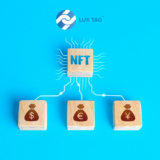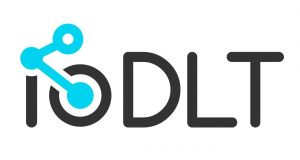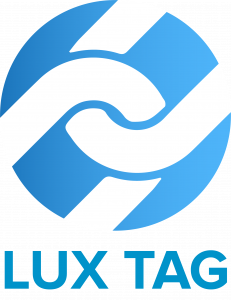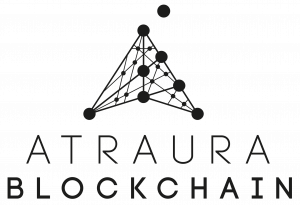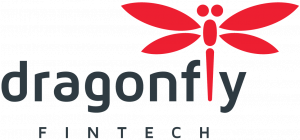Forbes: Tokenization Of Healthcare Data Could Revolutionize The Industry’s Future
Originally published on Forbes, written by Rebecca Campbell, republished with friendly permission and backing from Elizabeth Chee
It’s no secret that our health data is worth gold.
According to figures from PwC, the connected health market is expected to be worth $61B worldwide by 2020. A further report from the Transparency Market Research suggests that by 2025 the global digital health market will hit $536.6B.
Yet, while this presents a major opportunity for the industry, people need to have confidence in sharing their health data. And that’s where the blockchain comes in.
Swiss-based HIT Foundation, who is exploring the tokenization of health data, are of the opinion that the use of the blockchain may help transform the healthcare industry.
As healthcare costs continue to rise, the traditional top-down approach by governments is no longer manageable, nor is it sustainable, said Elizabeth Chee, COO of the HIT Foundation. This results in decreases in budgets for healthcare providers who are also struggling to contain costs.
Chee adds that current challenges in healthcare stem from data, information and exchange issues, ranging from data silos to fraudulent claims.
This has led to increasing levels of compliance and transparency of healthcare providers from both regulators and patients alike, she said. It, therefore, calls for a fundamental shift in approach, driven from the bottom-up, enabling the population, empowering not just patients but healthy individuals to proactively manage their health and their health data.
The HIT Foundation whitepaper states that it is offering a “marketplace that allows individuals to digitize and monetize their health data and trace its usage.” In order to achieve this, the platform is aiming to solve three issues currently in play: the monopolization of health data leading to siloes and inefficiencies; lack of incentives for individuals to demand or record, digitize and update their health data; and data privacy.
Through the use of the HIT Foundation and its HIT token, an individual can grant access to their data and monetize from it via the NEM blockchain, while a smart contract will determine how the data is to be used by hospitals, research institutions or policymakers. For the 3.6 billion people who lack access to health services, the tokenization of health data could also support universal basic income, regular payments made to citizens from their government.
For Chee, she believes that the tokenization of health data has great potential by democratizing ownership and facilitating better data mobility.
You get to determine whom you want to share your data, to what extent and how you want it to be shared and to be used, she added. You get transparency on who is asking for your data and for what purpose. In the end, you get to make the decision whether to consent to it or not.
Collecting medical data has become a multibillion-dollar industry, which is driven by individuals. A survey found that 54% of Germans would be willing to submit their electronic health data if they received benefits from their health insurance. Whereas, in France, 99% of respondents indicated they would hand over their personal data if they received cash rewards in return. However, a further study showed that 79% of Germans wanted the power to decide who viewed their health data.
Considering the blockchain in the healthcare market is projected to be valued at $5.61B by 2025 from $176.8M in 2018, the technology could soon see rapid adoption from industry players.
Homecare Monitoring Services
The tokenization of health data is already being explored by many healthcare professionals and researchers worldwide. Several exploratory initiatives include how it could detect mental health to ensuring that a patient receives the correct medication.
According to Arcun Tanju, CEO of Affinity Home Care, which provides in-home non-medical home care services and personal emergency monitoring systems, the tokenization of health data can also monitor senior citizen’s health and help improve outcomes.
Tokenization incentives will motivate the seniors to digitize their health data which, in turn, will be leveraged to develop new preventive services for them, he added. We expect wide adoption by seniors due to the availability of these preventive services. While they benefit from the new capabilities they will be eligible for free services offered by the institutions in the digital health network.
At present, Affinity Home Care delivers personal emergency monitoring services through the Internet of Things (IoT) devices to its clients. He said that the IoT devices and server software will be able to take part in the blockchain-based digital health network developed by the HIT Foundation.
“With the new capabilities based on collected data we will be able to deliver higher quality and preventive services to enable seniors to have a more enjoyable life while at the same time resulting in reduced overall cost on health care,” Arcun said.
About Rebecca Campbell
I am a freelance journalist who has written for the New Scientist, the Ecologist, Bitcoin Magazine, the Next Web, and CoinJournal. Previously my interest focused on the environment, which saw me writing for niche publications and encouraged me to complete my masters in envir…MORE


